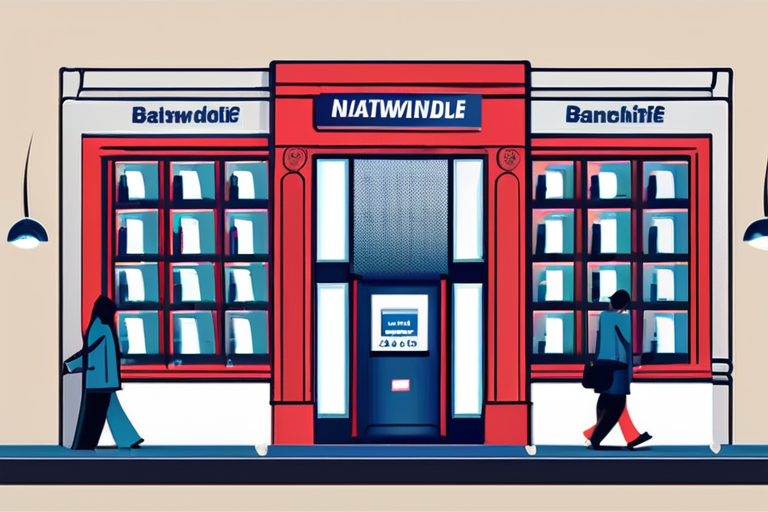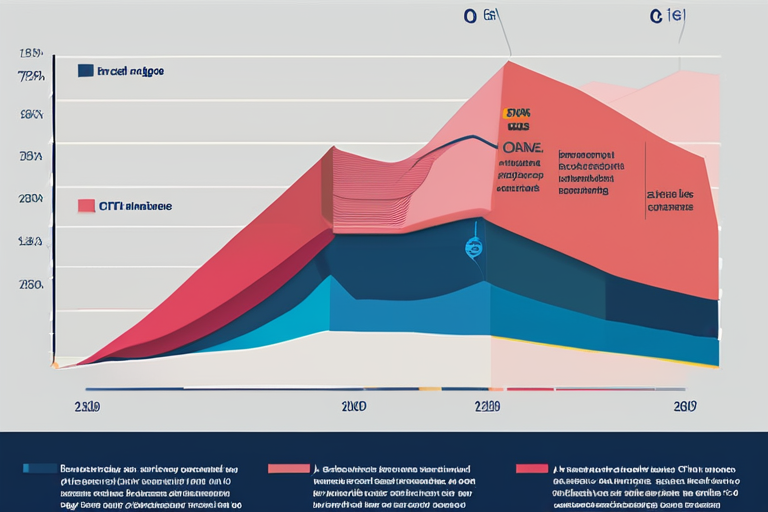According to Nationwide's chief executive, Debbie Crosbie, branches are important for "customers and communities," highlighting the significance of physical banking locations in providing access to financial services and supporting local economies. The pledge is seen as a positive development for communities that rely on these branches, particularly vulnerable individuals who may not have access to online banking.
The UK's banking sector has faced intense scrutiny over its branch closure policies, with charities expressing concerns over the impact on vulnerable people's access to cash and other essential financial services. Reports have also highlighted the devastating effects of branch closures on UK High Streets, where the loss of these institutions can lead to a decline in local businesses and community cohesion.
In the last decade, more than 6,000 UK bank branches have been closed, a trend that has been mirrored in other countries around the world. However, some countries have taken a different approach, prioritizing the preservation of physical banking locations and investing in digital infrastructure to support both online and offline banking services.
The Nationwide's decision to keep its branches open is seen as a step in the right direction, particularly in light of the growing demand for cash and other financial services. As the global banking landscape continues to evolve, it remains to be seen whether other banks and building societies will follow suit and prioritize the preservation of physical banking locations.
In a statement, Debbie Crosbie emphasized the importance of branches in supporting customers and communities, saying, "We recognize the value of our branches in providing a face-to-face service and supporting local economies. We are committed to continuing to invest in our branches and ensuring that they remain a vital part of our customers' financial lives."
The Nationwide's pledge to keep its branches open until at least 2030 is a significant development in the UK's banking sector, and one that is likely to be closely watched by other banks and building societies. As the global banking landscape continues to evolve, it remains to be seen whether this decision will have a lasting impact on the way banks and building societies approach branch closures and digital transformation.


























Share & Engage Share
Share this article